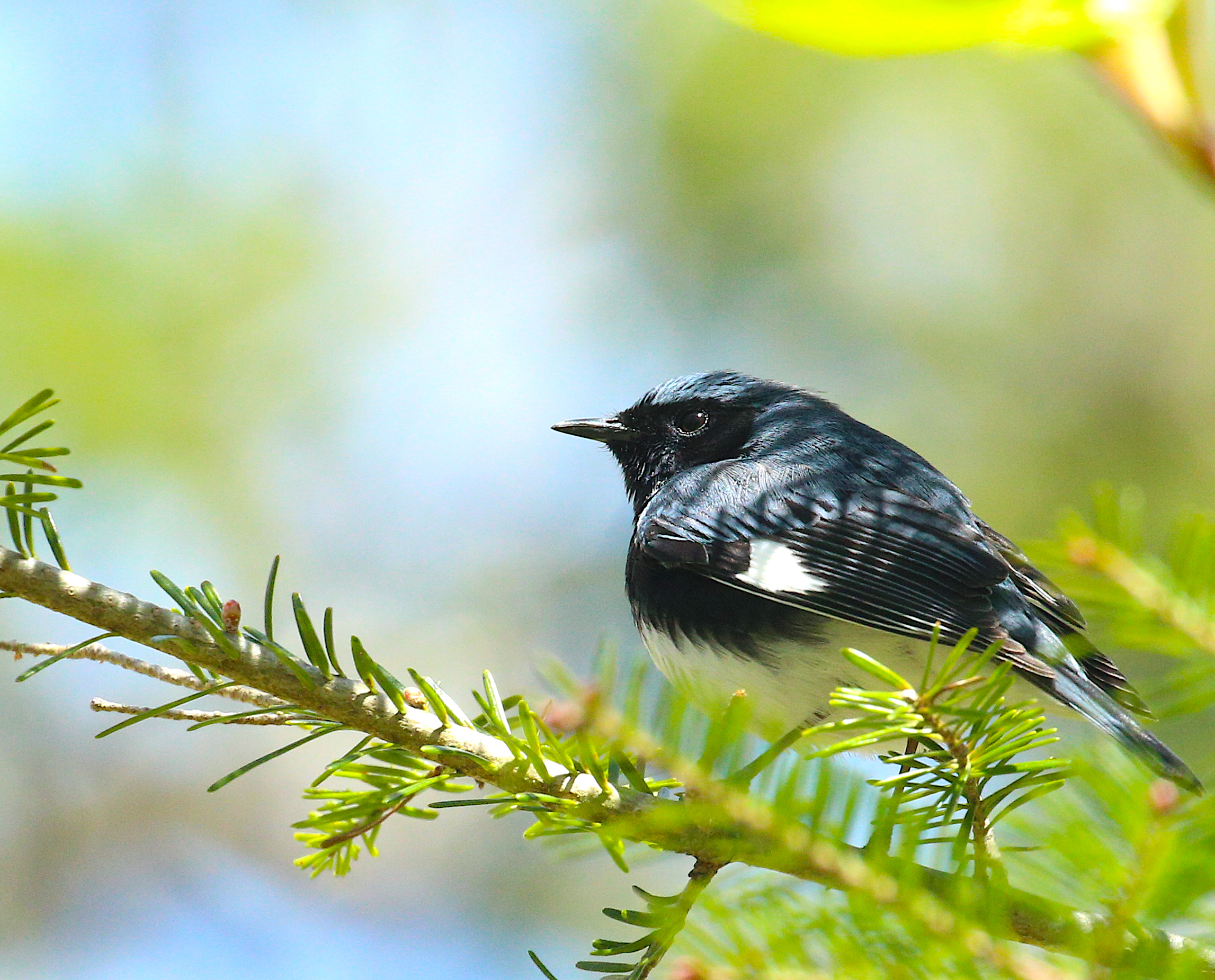CORVALLIS, Oregon
,
June 1, 2023
(press release)
–
Tropical forest birds, which tend to have wings that are short and round relative to their body length and shape, are more sensitive to habitat fragmentation than the long-, slender-winged species common in temperate forests, according to an international collaboration that included scientists from Oregon State University. OSU’s Matt Betts and Christopher Wolf teamed with 14 other authors to analyze the wings of more than 1,000 species worldwide in a study led by Thomas Weeks of Imperial College London and published in Nature Ecology and Evolution. The research builds on a 2019 study that was led by Betts and Wolf and published in Science. That paper had shown that the nearer a forest species lives to the equator, where animals evolved in environments that weren’t subject to large-scale habitat-altering events like fires and storms, the less well equipped the species is to adapt to current human-caused forest fragmentation. The wing study provides solid evidence for the idea that forest birds in the lower latitudes – the bare-faced ibis, the blue and gold macaw, the green honeycreeper, the Malaysian rail babbler and many other colorful, and colorfully named, species – aren’t good at relocating when their habitat gets broken up because they weren’t required to evolve in ways that would make it easy to get to new areas, Betts said. “The new paper shows a strong latitudinal gradient in birds’ ability to disperse – i.e., move around to find a new place to live,” said Betts, a professor of landscape ecology in the OSU College of Forestry. “Birds toward the poles tend to be better movers, with longer, narrower wings that are better suited to long-distance flight.” Previously, the reason behind tropical birds’ comparative lack of dispersal skills had not been well understood, and there had also been some question as to whether a forest species’ ability to move around was all that important in terms of dealing with habitat fragmentation, Wolf said. “It had been argued that species that don’t move much maybe tend to stay put just because they don’t care about losing pieces of their habitat or seeing it fragmented,” said Wolf, a postdoctoral researcher in the College of Forestry. “But we used a massive dataset that encompassed more than 1,000 birds globally to test whether birds with shorter, stubbier wings are more likely to be fragmentation sensitive, and whether this alone explains the latitudinal gradient we observed. In the end, there was strong support for the idea that birds that are good dispersers are less fragmentation sensitive.” Examples of temperate forest birds more built for dispersal include woodpeckers, robins, jays, cardinals, owls, turkeys, hawks and eagles. The Natural Environment Research Council, the UKRI Global Challenges Research Fund and the Natural Environment Research Council supported this research. Also contributing to the study were scientists from Newcastle University; the University of Toulouse; Lancaster University; the Foundation for Ecodevelopment and Conservation; the Global Protect Oceans, Lands and Waters Program; the Nature Conservancy; the Swiss Ornithological Institute; Yale University; the University of Pretoria; the Centre for Conservation of Atlantic Forest Birds; the University of Queensland; and California State University, Los Angeles. About the OSU College of Forestry: For a century, the College of Forestry has been a world class center of teaching, learning and research. It offers graduate and undergraduate degree programs in sustaining ecosystems, managing forests and manufacturing wood products; conducts basic and applied research on the nature and use of forests; and operates more than 15,000 acres of college forests. Steve Lundeberg, 541-737-4039 Matt Betts, 541-737-3841 Click photos to see a full-size version. Right click and save image to download.
steve.lundeberg@oregonstate.edu
matt.betts@oregonstate.edu
* All content is copyrighted by Industry Intelligence, or the original respective author or source. You may not recirculate, redistrubte or publish the analysis and presentation included in the service without Industry Intelligence's prior written consent. Please review our terms of use.





